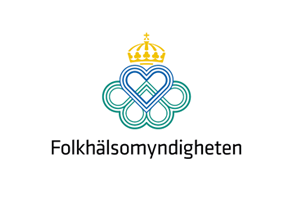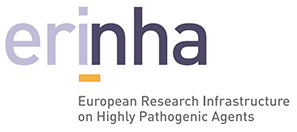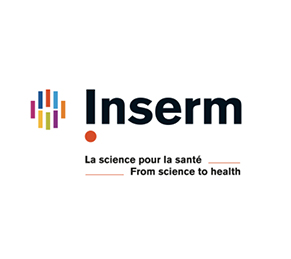
The new CCHFVACIM project aims to address the serious public health threat posed by Crimean Congo Haemorrhagic Fever Virus (CCHFV), a tick-borne zoonotic virus that causes fatal epidemics in humans. This is one of the most threatening vector-borne pathogens, widely distributed, including on the European continent. Currently, there are no preventive or effective therapeutic measures available against CCHFV, which is listed as a key priority in the WHO’s R&D Blueprint list of infectious agents with epidemic or pandemic potential.
Uniting 15 partners from 9 different countries, CCHFVACIM is a 4 years Horizon Europe funded project with a large budget of 7.7 million euros.
A dedicated website is running. Visit it for more information.
Consortium
 |  |  |  |
 |  |  |  |
 |  |  |  |
 |  |  |
Project Coordination
FoHM is the Coordinator of the CCHFVACIM project.
ERINHA and FoHM form the Project Management Team, responsible for the monitoring and administration of the project.
Activities
The CCHFVACIM project is organized into 7 Workpackages – working groups dedicated to a specific set of activities.
WP1 (FOHM; ERINHA) focuses on the management and scientific coordination of the project;
WP2 (Institut Pasteur) aims to produce and characterise recombinant CCHFV Gc, Gn, GP38 proteins, as well as investigate the epitopes of potent neutralizing antibodies (this latter, in collaboration with WP6);
WP3 (JLU) revolves around deep immunogenicity studies (characterisation and protection) of the nucleo- and glycoproteins of CCHFV;
WP4 (FLI) will conduct animal studies in different models to characterise immune response, including the establishment of a model (sheep) not yet available for CCHFV;
WP5 (KI) will be in charge of designing mRNA vaccine candidates against CCHFV as wells as developing a roadmap to facilitate the future transition of the vaccine candidate and immunotherapeutic towards clinical investigation;
WP6 (NCIPD) will establish a biobank from CCHFV patients, contribute to B-cell cloning and mAb production (this latter, in link with WP2) and design mRNA for Ab treatment;
WP7 (ERINHA) will lead dissemination activities for increasing the visibility of the results produced through this project.